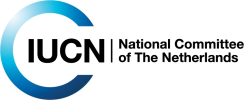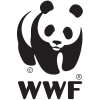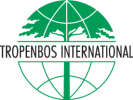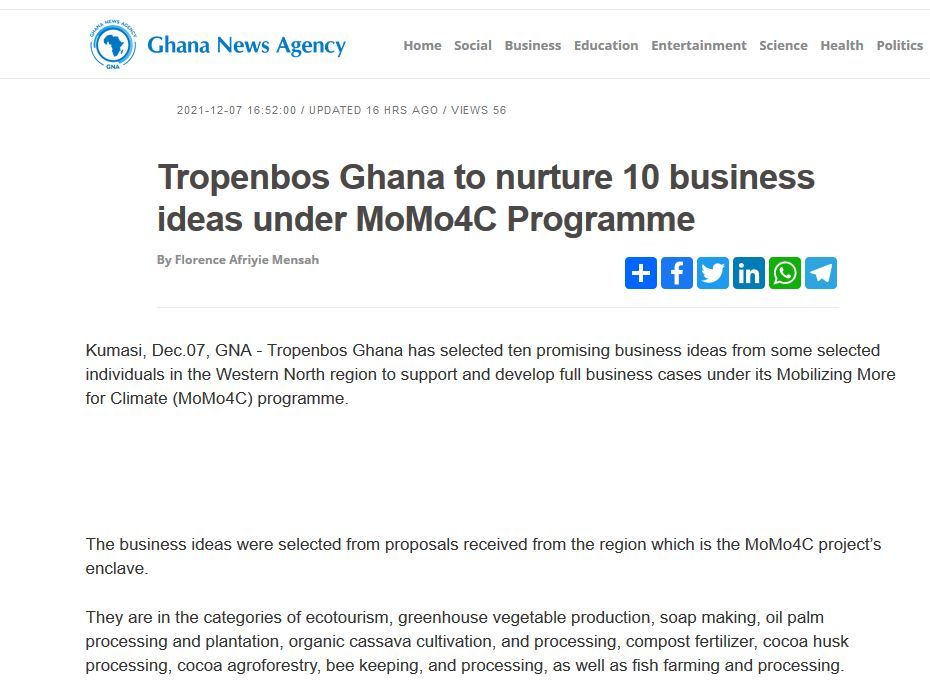
News Article about the work of Tropenbos Ghana under MoMo4C
A news article has been published by Ghana News Agency about the work of Tropenbos Ghana under MoMo4C.
Tropenbos Ghana has selected ten promising business ideas from some selected individuals in the Western North region to support and develop full business cases under its Mobilizing More for Climate (MoMo4C) programme.
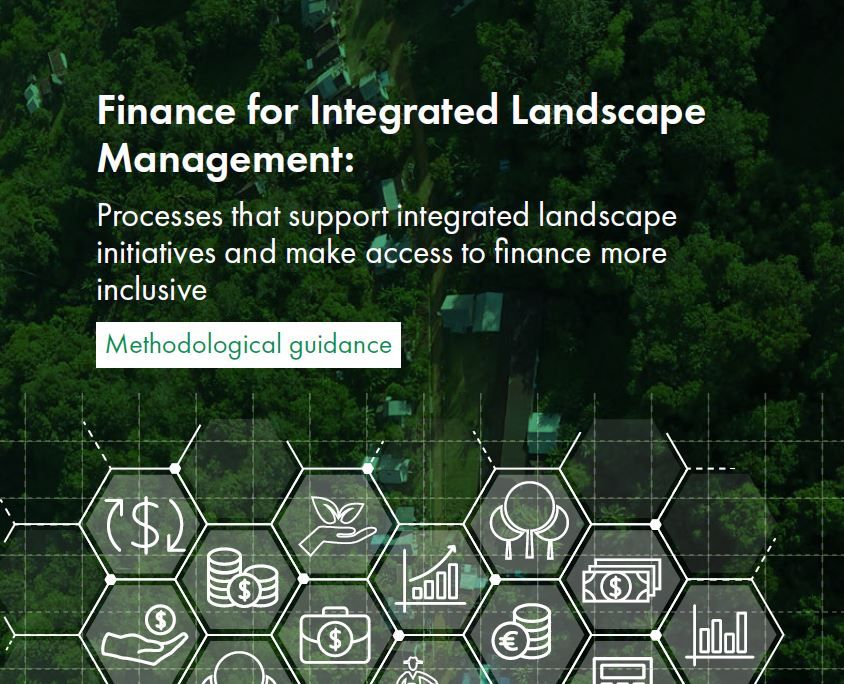
Report: Processes that support integrated landscape initiatives and make access to finance more inclusive
Finance for Integrated Landscape Management: Processes that support integrated landscape initiatives and make access to finance more inclusive. This methodology helps identify the key stakeholders linked to financial flows for integrated landscape management, their perspectives and motivations, and the mechanisms used to channel funding from investors through brokers or intermediaries to individual or recipient groups that support integrated landscape initiatives.
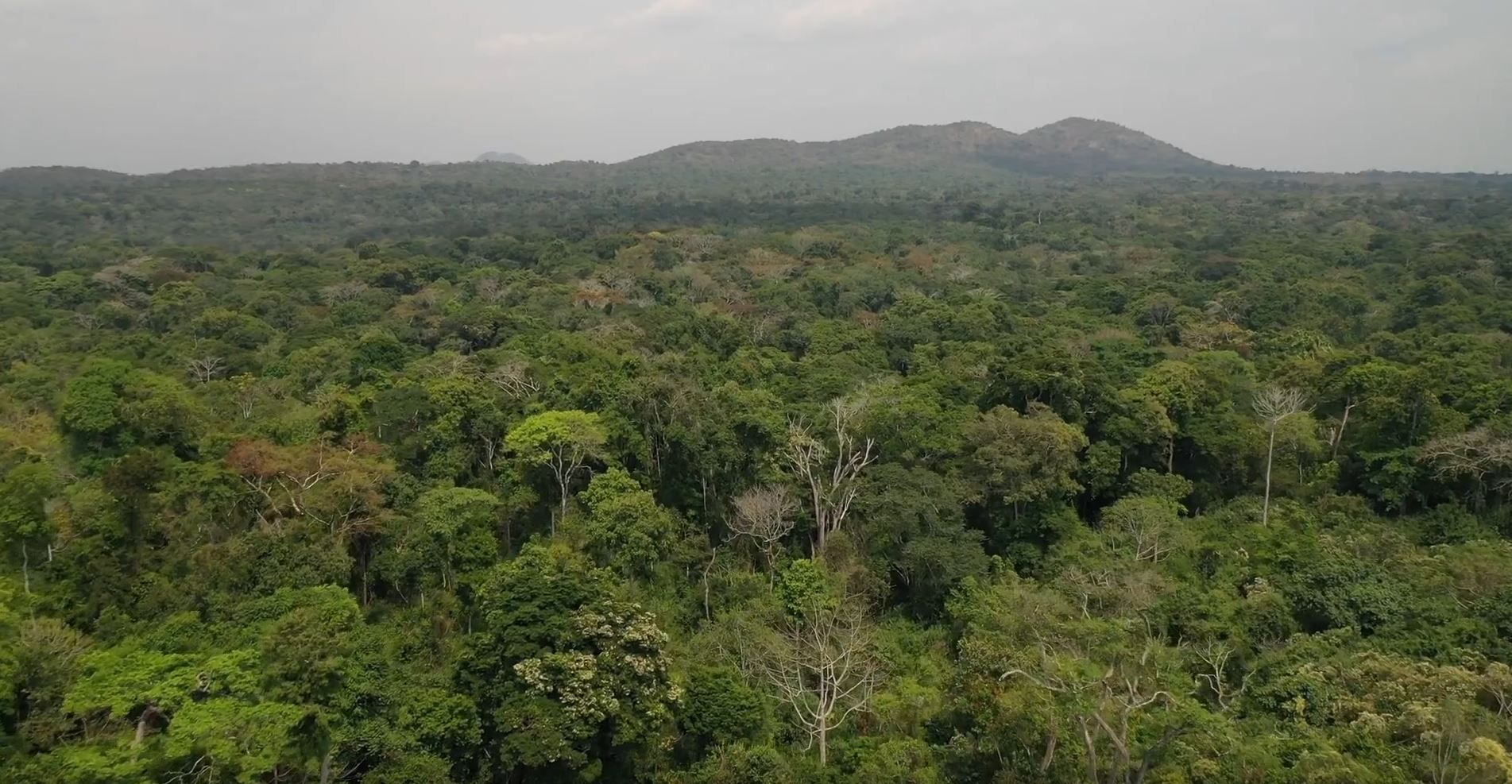
Local ownership and governance of nature in Uganda
Conserving key ecosystems like forests, as well as culture and livelihoods is a huge challenge for which solutions can only be found through strong collaboration between local, national and international networks of local communities, civil society, government and businesses. We are strengthening processes to connect different levels of nature conservation by supporting communities and civil society groups in Uganda.
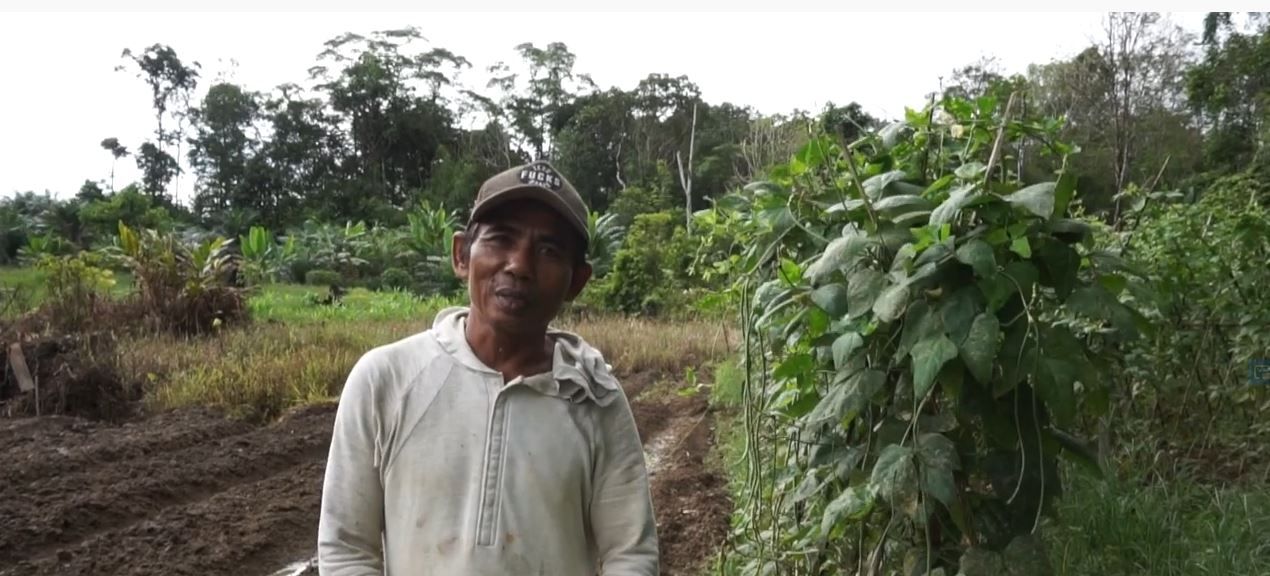
The Role of Credit Union in Financing Farmers Group in West Kalimantan
Credit Unions can make a significant change for farmer groups. Watch the video about a farmer group in West Kalimantan.
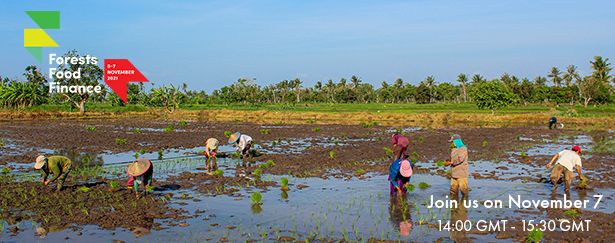
GLF Climate session: Developing an investment case for inclusive food system transformation
How international finance can better meet local needs and aspirations will be the central topic during a session on the GLF Climate: Forests, Food and Finance – Frontiers of Change (5 – 7 November 2021) on the sidelines of the COP26.
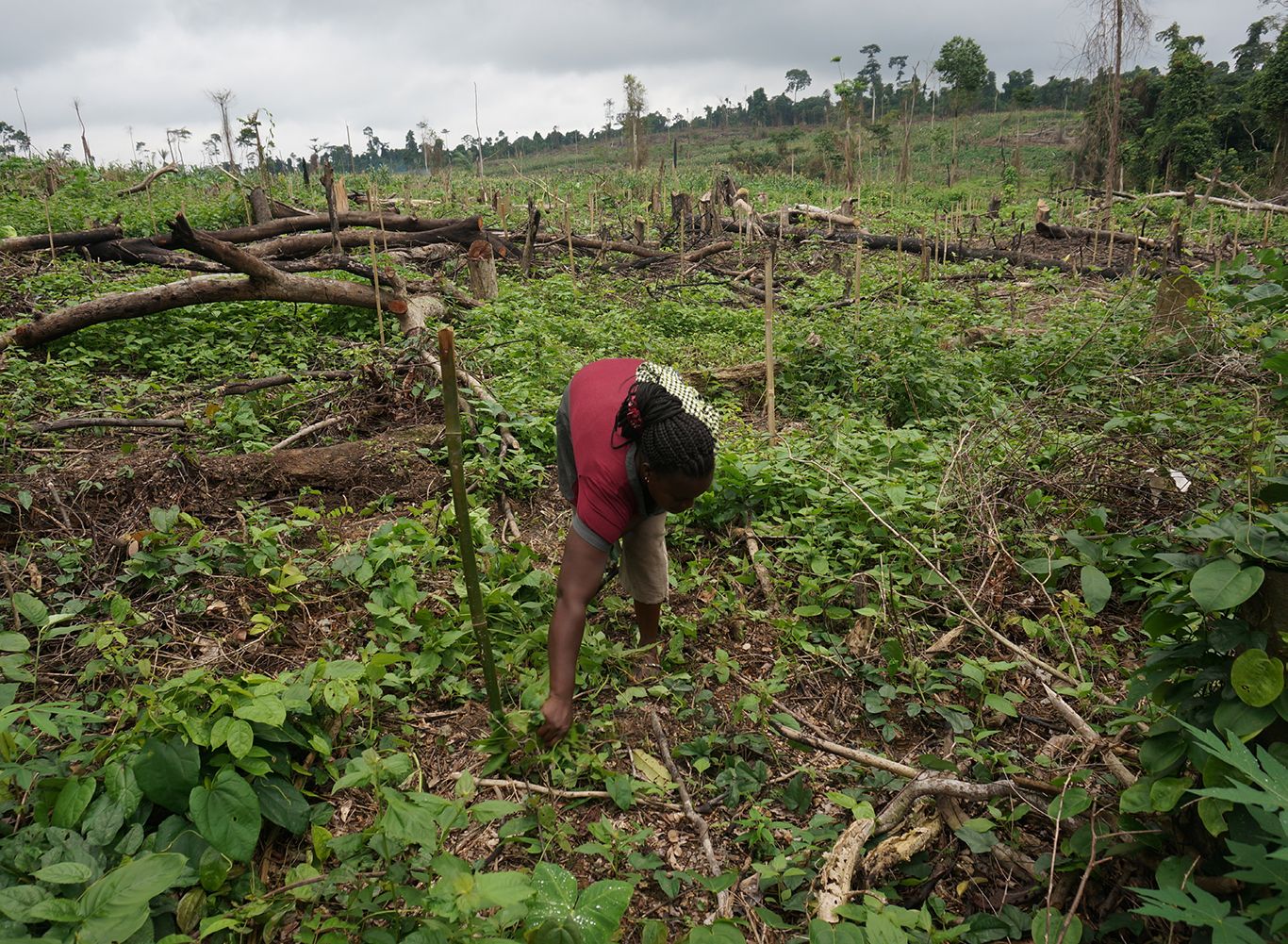
When promoting climate-smart landscapes, make sure to listen to farmers first
Farmers in the poorer areas of the world are highly vulnerable to the impacts of climate change. The international community is expected to step up efforts to help them adapt to the new circumstances. TBI stresses that such interventions will need to be designed based on a profound understanding of local perceptions and needs.
